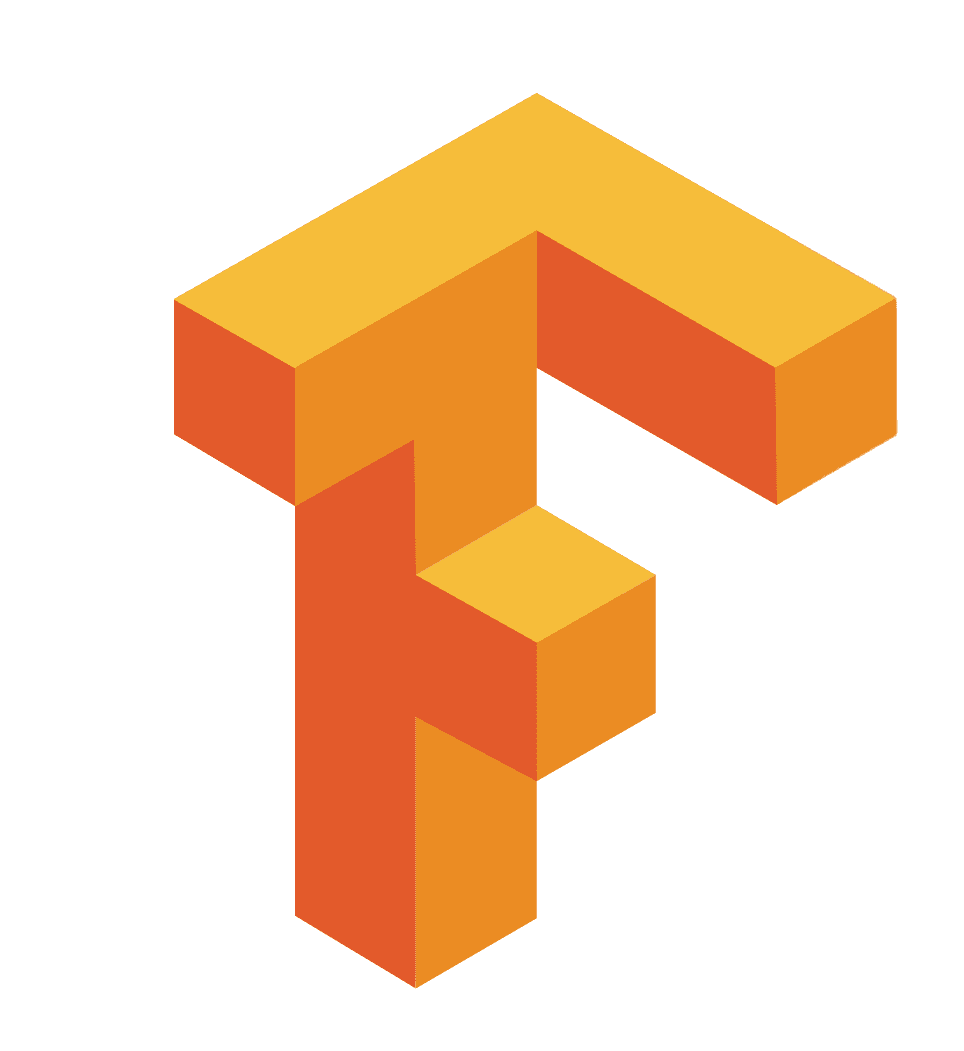Our Approach: 5 Steps to Success
Accessibility Requirements Gathering
We begin by gathering accessibility requirements to ensure that the AI model we develop is designed with inclusivity at its core. This helps in setting clear goals for an accessible AI system.
Model Design with Accessibility Features
Our models are designed with features like screen reader compatibility, voice control, and other assistive technologies. We use tools like Dialogflow CX to create conversational AI that is accessible to everyone.
Development & Testing
We develop AI models using frameworks like TensorFlow, incorporating accessibility features from the ground up. We conduct thorough testing to ensure the models are usable by individuals with a range of abilities.
User Feedback & Iteration
We gather feedback from users with disabilities to understand the real-world performance of our models. This feedback is used to refine and improve the accessibility of the AI systems.
Continuous Monitoring & Updates
Accessibility needs evolve over time, and so do our models. We continuously monitor the AI systems to ensure ongoing compliance with accessibility standards, updating them as new needs and technologies emerge.
Key Features
Accessibility requirements integrated into AI model design.
Use of assistive technologies like screen readers and voice control.
Real-world testing with users of different abilities.
Continuous monitoring and updates for evolving accessibility needs.
Technology Stack

Dialogflow...

TensorFlow
